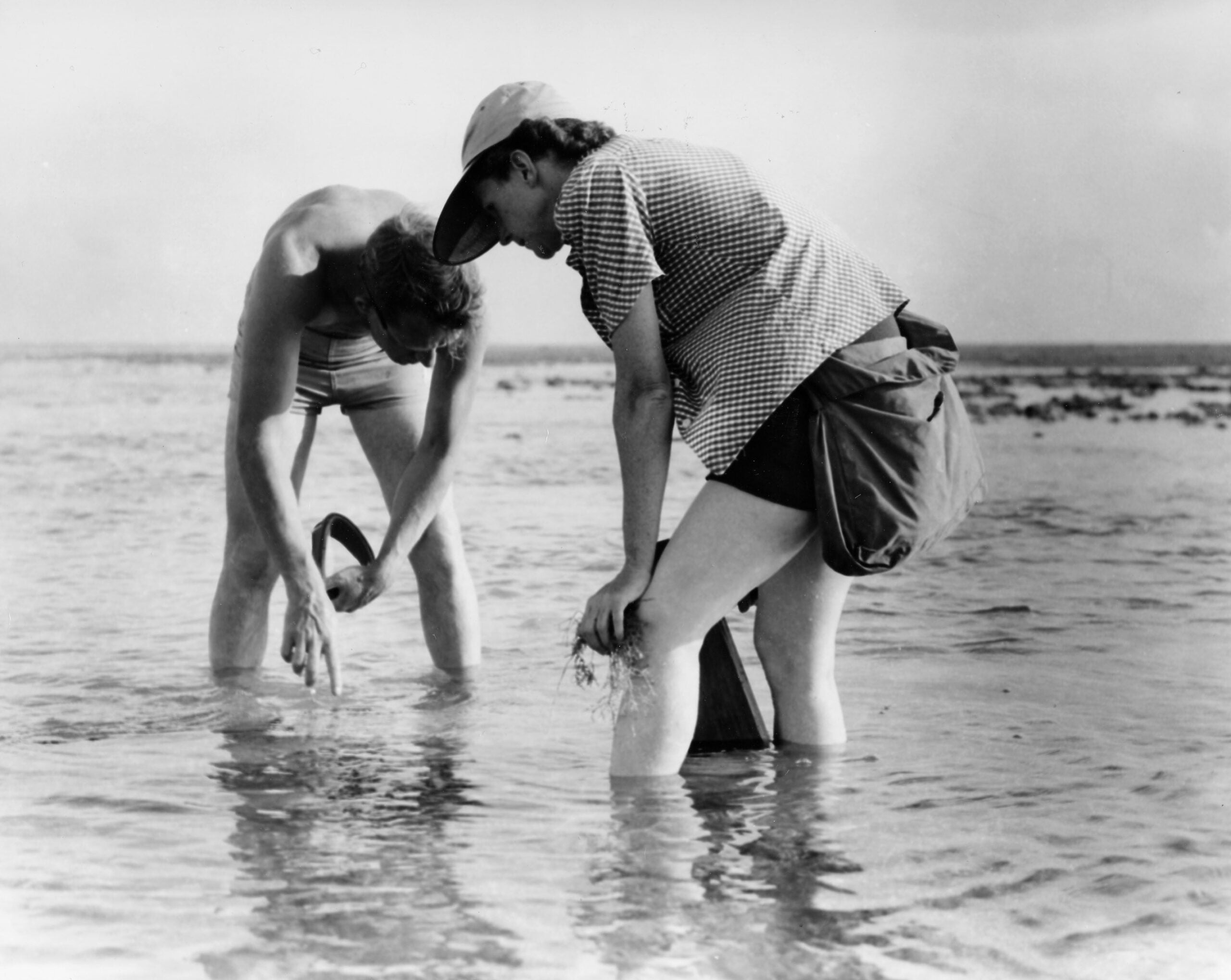Celebrating Creative Women in a Climate Crisis
Wherever Women’s History Month is observed, there are people celebrating the life and legacy of Rachel Carson, but even the wildly original Carson owed a debt to the courageous women who came before her.

This page was published 10 years ago. Find the latest on Earthjustice’s work.
Wherever International Women’s Day is observed, there are people celebrating the life and legacy of Rachel Carson, and I am one of them. So much that is good about the environmental movement begins with her. But even the wildly original Rachel Carson owed a debt to courageous women of imagination before her, including author Mary Shelley.
Over time, we have reduced Frankenstein to a cautionary tale about playing god with nature. That theme has powerful currency, especially as we begin to live with the scary effects of human-caused climate change. But the story Shelley tells is smarter and more pragmatic than the popular shorthand. First of all, she isn’t railing against science and technology. In the book, the science project is not the problem. After all, Dr. Frankenstein succeeds in making a soulful, intelligent person. The problem is the doctor’s monstrous irresponsibility after the fact. When his wrecked, abandoned creature inevitably runs amok, where is Frankenstein? Studying abroad, off on a foreign holiday, hoping to get away from it all. While he is fully aware of the threat he has unleashed, he keeps it secret, and unsuspecting people, mostly kids and women, get whacked as a result. Among other things, Frankenstein is a masterful evocation of the way human-caused disasters unfold.
Rachel Carson was also an expert on the lethal combination of irresponsibility and secrecy—on the part of corporations and the government. She is remembered rightly for her transformational work to raise awareness about toxic pesticides, ultimately securing federal regulation and a ban on DDT. But arguably, her most far-reaching achievement was to change forever the way we think about the environment. She created very new and enduring expectations about the right to live in a healthy environment, about the accountability of polluters for the damage they cause, and, crucially, about the public’s right to know about environmental hazards.
These are the bedrock principles that inform the U.S. approach to environmental protection. And, these principles include one of America’s greatest inventions, the “citizen suit,” which empowers the public to enforce environmental laws when the government won’t (usually for political reasons) or can’t (due to resource constraints). She was herself the embodiment of the revolutionary premise that she helped to mainstream, that each of us can call to account our government and even the most moneyed corporate interests when they unlawfully threaten our air, our water and the natural systems that sustain all life. As a public interest environmental lawyer at Earthjustice, I work with so many inspired, dauntless women who tap this power to protect their families and their communities, and to fight for our collective future as Rachel Carson did. It is an astonishing legacy.
One more thing: Carson’s heart made all the difference. She broke open American consciousness because her activism was deeply personal and intensively imaginative as Shelley’s was, and always informed by an intense love of the world. You could think of many arresting titles for a book about the pesticides that poison us, but it’s hard to imagine another one so poignant as Silent Spring. Now, as we find ourselves in a flat-out race against a climate disaster, we need to engage our hearts in a fight that feels heady and abstract to most people. As Zadie Smith writes, “There is the scientific and ideological language for what is happening to the weather, but there are hardly any intimate words.”
There is, however, one person whose writing should light the world on fire, and she happens to be a woman. If you still haven’t read Elizabeth Kolbert’s Field Notes from a Catastrophe, read it now. I challenge you not to be devastated and more importantly, activated. As Rachel Carson believed, “the more clearly we can focus our attention on the wonders and realities of the universe about us, the less taste we shall have for the destruction of our race.”